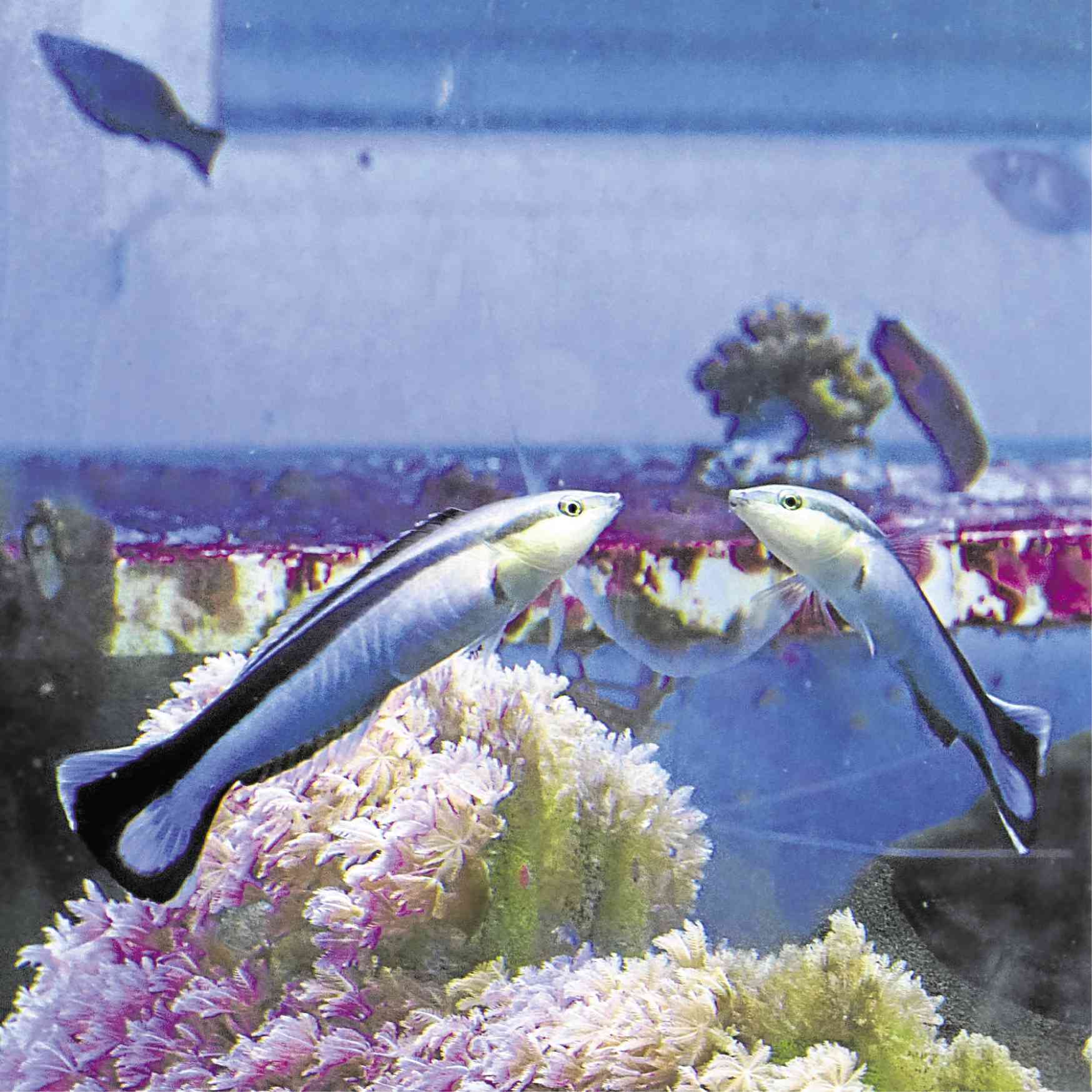Reflecting Nemo: Fish ‘passes’ mirror test

Credit to Author: clopez| Date: Fri, 08 Feb 2019 21:40:30 +0000
NEW YORK — Scientists report that a fish can pass a standard test of recognizing itself in a mirror—and they raise a question about what that means.
Does this decades-old test, designed to show self-awareness in animals, really do that?
Since the mirror test was introduced in 1970, scientists have found that relatively few animals can pass it. Most humans can by age 18 to 24 months, and so can chimps and orangutans, says the test’s inventor, evolutionary psychologist Gordon Gallup Jr. of Albany College in New York.
Outside of ape species, many researchers say there’s also good evidence for passing the test in bottlenose dolphins, Asian elephants and European magpies, although Gallup is skeptical of those results.
Reactions
The test exposes animals to a mirror and looks for reactions that indicate some recognition of themselves.
For example, do the animals do unusual things to see if the image copies them? Do they appear to use the mirror to explore their own bodies? And if researchers mark an animal in a place the creature can observe only in the mirror, does the animal try to remove it?
Passing the test suggests an animal can “become the object of its own attention,” and if it does, it should be able to use its own experience to infer what others know, want or intend to do, said Gallup, who did not participate in the fish study.
Odd behaviors
The new paper released on Thursday by PLOS Biology subjected up to 10 fishes to various parts of the test.
Alex Jordan of the Max Planck Institute for Ornithology in Konstanz, Germany, and colleagues observed a reef-dwelling species called the cleaner wrasse doing odd behaviors like swimming upside-down by the
mirror.
When four fishes were injected with a tag that left a visible brown mark under their throats, three scraped that part of their bodies against a rock or the sandy bottom of the tank, as if trying to remove it.
In all, the researchers concluded that the fish had passed the test. —AP